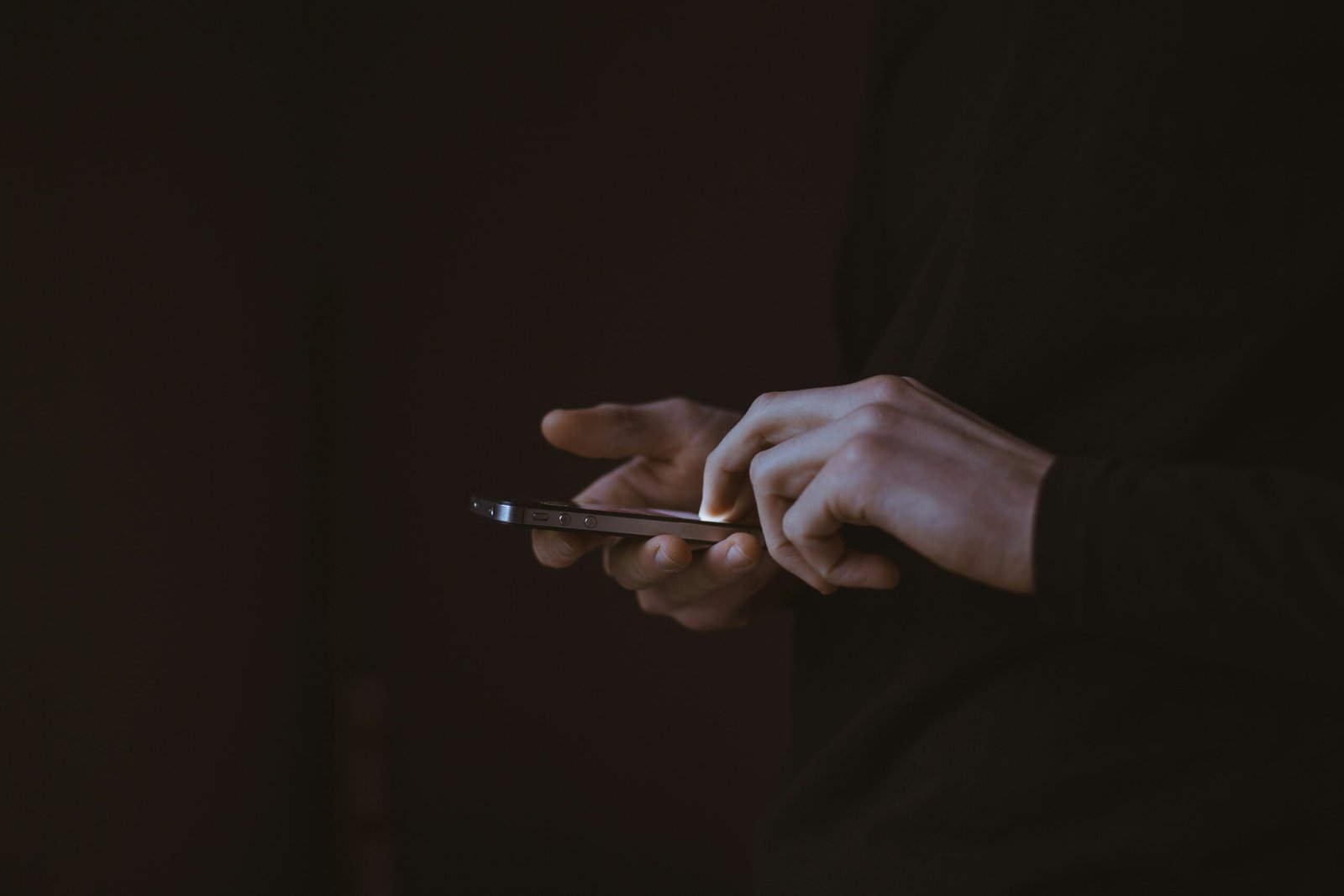Understanding the Social Media Trap
Social media platforms have evolved into powerful tools designed to capture and hold your attention, often at the expense of productivity and well-being. The architecture of these platforms is meticulously crafted to trigger psychological responses that make it difficult to disengage. One of the primary mechanisms is the infinite scroll, a feature that allows users to continuously scroll through content without any natural stopping points. This design exploits our innate curiosity and the fear of missing out, leading to prolonged usage.
Moreover, the dopamine hits from likes, shares, and comments act as rewards that reinforce our behavior. Every notification we receive activates the brain’s reward system, making social media usage highly addictive. Algorithms further personalize the content, presenting us with posts, videos, and advertisements that align with our interests and preferences. This tailored content keeps us engaged for longer periods, often making it challenging to focus on work tasks.
Statistics reveal the extent of social media’s grip on our lives. According to recent studies, the average person spends approximately 2 hours and 24 minutes per day on social media platforms. This substantial amount of time can significantly impact various aspects of life, including productivity, mental health, and social interactions. Constant engagement with social media can lead to procrastination, making it harder to improve time management and reduce social media distractions.
The negative impact on mental health is also noteworthy. Excessive use of social media has been linked to increased feelings of anxiety, depression, and loneliness. The curated nature of social media content often leads to comparisons, which can further exacerbate these negative feelings. Additionally, the time spent on social media can detract from face-to-face interactions, weakening real-life social bonds.
Understanding the social media trap is the first step towards reclaiming control over your time and boosting productivity at work. By recognizing the psychological mechanisms at play, you can implement strategies to minimize procrastination and enhance your overall well-being.
Identifying Signs of Social Media Overuse
In today’s digital age, the allure of social media can often lead to excessive use, impacting various aspects of our lives. Recognizing the signs of social media overuse is crucial to mitigating its effects and boosting productivity at work. One of the primary indicators is feeling anxious or stressed when not connected to social media platforms. If you find yourself compulsively checking your phone for updates, it may be a sign that your social media usage has become problematic.
Another telltale sign is the habit of checking social media first thing in the morning or last thing at night. This behavior can disrupt sleep patterns and reduce the quality of rest, ultimately affecting your ability to focus on work tasks during the day. Furthermore, neglecting real-life responsibilities or relationships in favor of scrolling through feeds can indicate an unhealthy level of dependency. When social media starts to take precedence over personal interactions and essential duties, it becomes a significant concern.
To help you determine your level of social media dependency, consider the following self-assessment checklist:
1. Do you feel anxious or stressed when you cannot access social media?
2. Do you check social media immediately upon waking up or before going to sleep?
3. Have you neglected important tasks or responsibilities due to time spent on social media?
4. Do you find yourself mindlessly scrolling through social media feeds for extended periods?
5. Have you experienced a decline in the quality of personal relationships because of social media?
If you answered “yes” to three or more of these questions, it might be time to evaluate and adjust your social media habits. Reducing social media distractions can significantly improve time management and minimize procrastination, ultimately enhancing your overall well-being and productivity at work.
Strategies to Regain Control of Your Time
In today’s hyper-connected world, social media can be a significant distraction, often leading to decreased productivity at work. To regain control of your time, it is essential to implement practical strategies that can help minimize procrastination and improve time management. One effective approach is to set specific time limits for social media use. Allocate a fixed amount of time each day, and use a timer to ensure you stick to it. This can help you focus on work tasks and reduce social media distractions.
Another useful tactic is to leverage apps that track and limit your screen time. Applications such as Moment, Freedom, and StayFocusd can provide insights into your daily usage patterns and help you set boundaries. By being aware of how much time you spend on social media, you can make more informed decisions about how to allocate your time more effectively.
Establishing ‘social media free’ zones or times is also beneficial. Designate certain areas of your home or workplace, such as the dining room or office, as social media-free environments. Additionally, consider implementing specific periods during the day when you refrain from using social media, such as during meals or the first hour after waking up.
Finding alternative activities to fill the time previously spent on social media can also be advantageous. Engage in hobbies, exercise, read a book, or spend quality time with family and friends. These activities not only provide a productive way to use your time but also promote mindfulness and being present in the moment.
Mindfulness practices, such as meditation and deep breathing exercises, can counteract the lure of social media. By being more present and aware of your thoughts and actions, you can better resist the impulse to check your phone constantly. Incorporating these strategies into your daily routine can significantly enhance your ability to focus on work tasks and boost productivity at work.
Building a Healthier Relationship with Social Media
In our increasingly digitalized world, social media has become an integral part of daily life. However, to boost productivity at work and minimize procrastination, it is essential to foster a more balanced and intentional approach to social media use. One effective strategy is to curate your social media feeds to include more positive and meaningful content. By following accounts that inspire and educate, you can transform your scrolling time into an enriching experience rather than a mindless habit.
Engaging with social media with a clear purpose is another key practice. Instead of opening apps out of sheer reflex, set specific objectives for your social media interactions. Whether it’s networking, staying informed about industry trends, or seeking inspiration, having a purpose can transform the way you use these platforms and help improve time management.
Moreover, prioritizing real-world interactions over virtual ones can significantly reduce social media distractions. Spend more time with friends and family, engage in hobbies, or take up activities that bring you joy in the physical world. These actions not only enhance your overall well-being but also make it easier to focus on work tasks when necessary.
Consider the case of John, a marketing professional who found himself constantly distracted by social media. By limiting his screen time and curating his feeds to focus on industry leaders and educational content, John was able to significantly boost his productivity. He also scheduled regular “social media detox” days, prioritizing real-world interactions and activities. As a result, John reported a marked improvement in his work performance and overall satisfaction.
Similarly, Sarah, a freelance writer, managed to reduce her social media use by setting specific times for checking updates and limiting her engagement to professional networks. This helped her minimize procrastination and stay focused on her writing tasks. The benefits she experienced included enhanced creativity, better time management, and a healthier relationship with her digital devices.
By making intentional changes to how we interact with social media, we can reclaim our time and focus, ultimately enhancing both our personal and professional lives.

